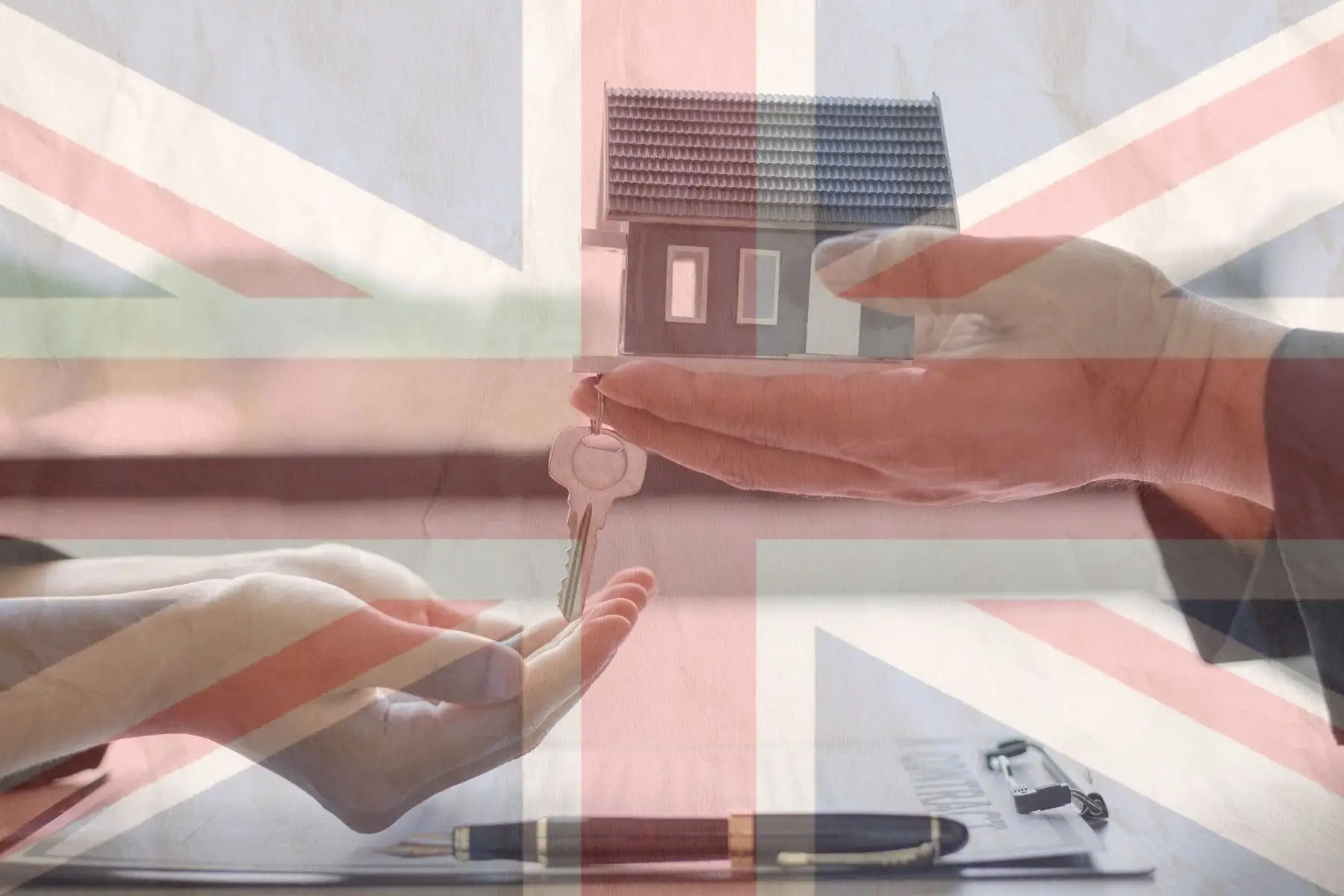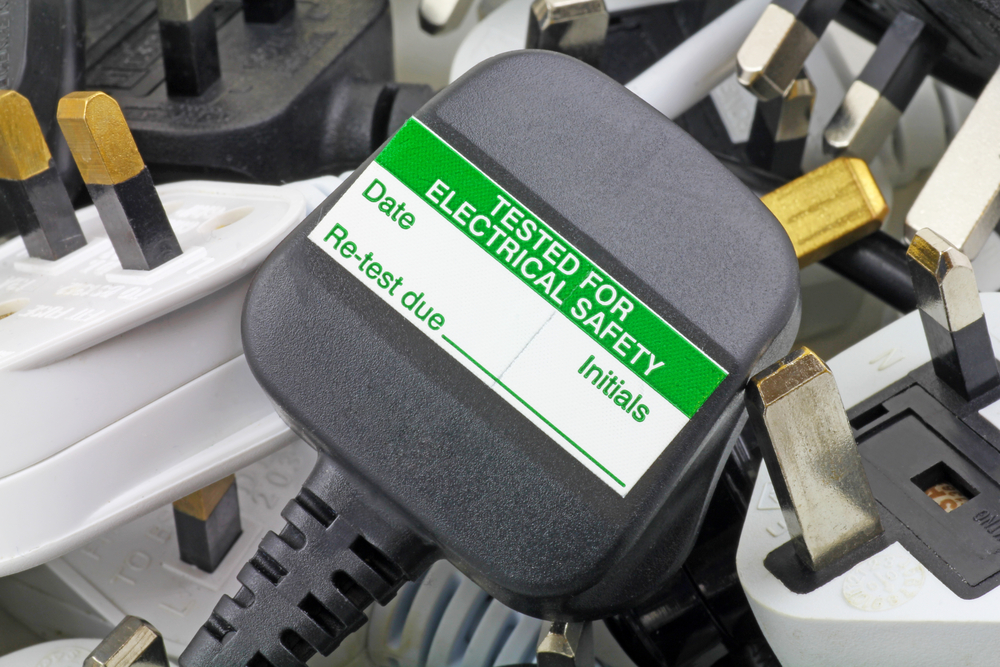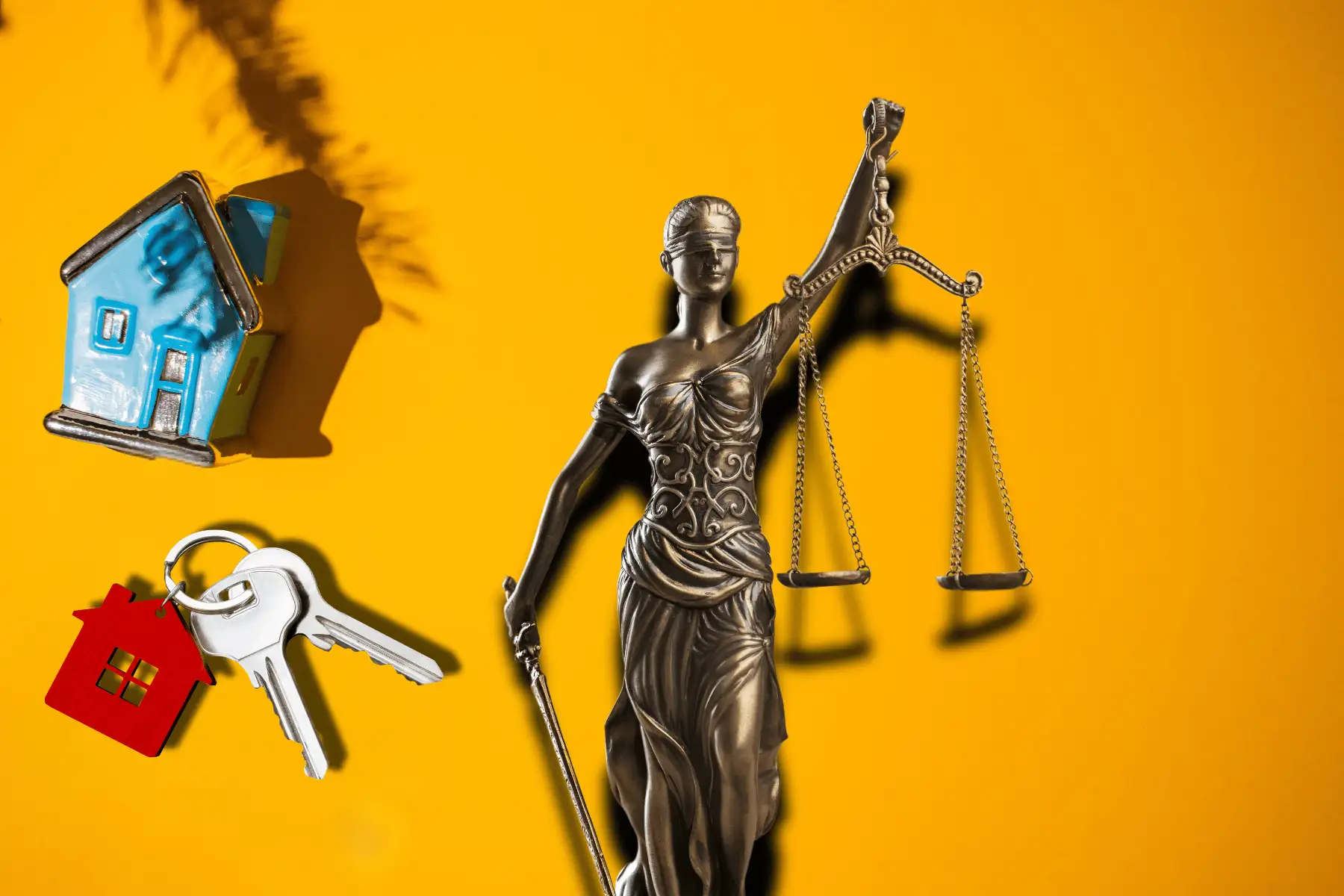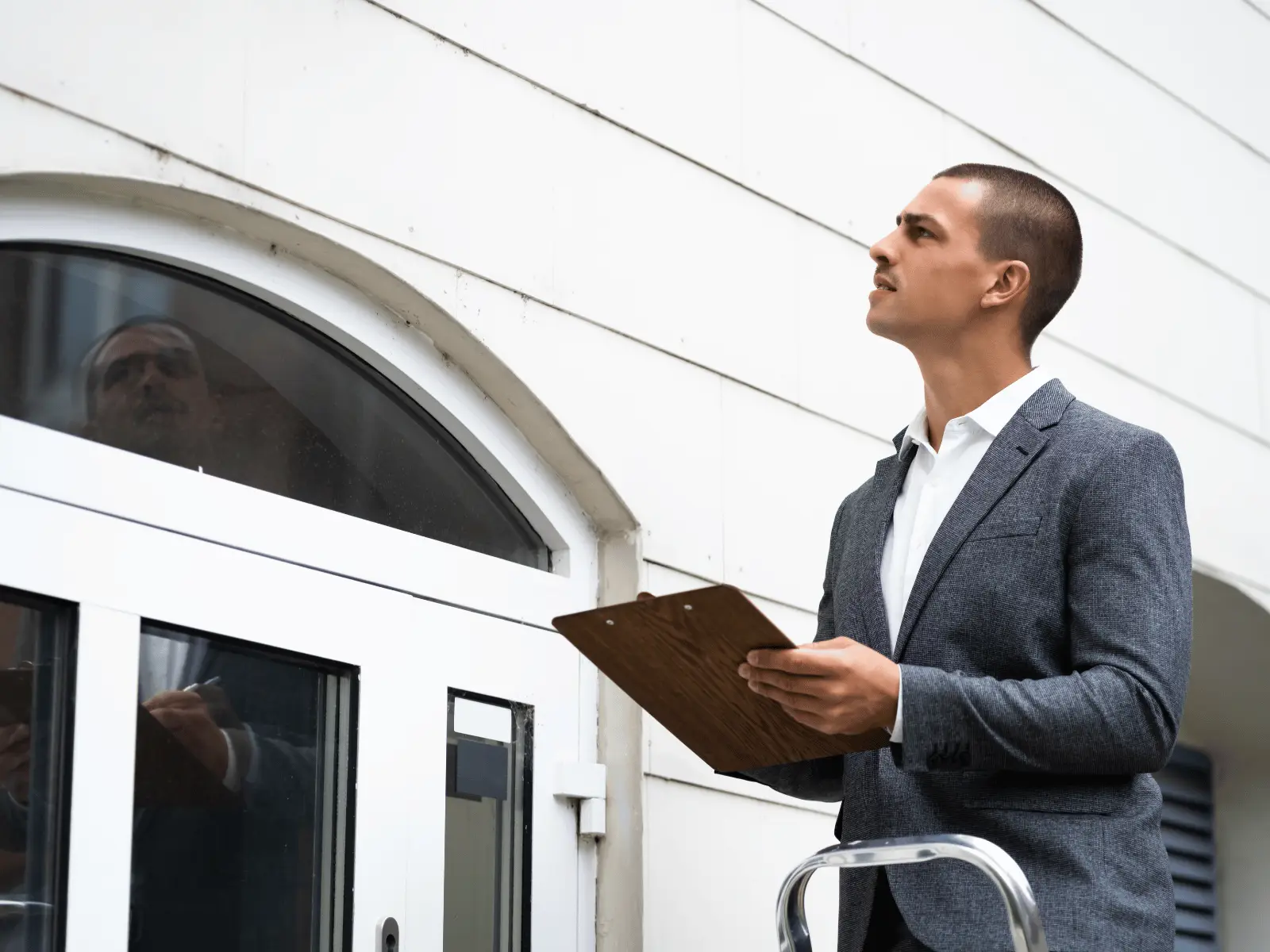Checklist For Landlords: Your Responsibilities For Property Maintenance
Owning rental property in the UK can be a lucrative investment. Still, it also comes with specific responsibilities, particularly property maintenance, which we cover below in our vital seven landlords checklist guide. UK landlords are legally responsible for these seven essential aspects of rental property maintenance. Keeping up with these responsibilities is not just about keeping tenants happy by providing a comfortable living environment — it’s also a legal requirement that ensures landlords keep accommodation to the correct standard. Staying on top of your understanding of property maintenance will help avoid potential penalties and disputes and may help reduce overly costly repairs down the line. This guide covers the essential maintenance responsibilities of UK landlords, focusing on legal obligations, best practices, and tips for meeting these requirements.
ITEM 1
Ensuring The Property Is Fit for Human Habitation
Under the Homes (Fitness for Human Habitation) Act 2018, all rental properties in the UK must be “fit for human habitation” at the start and throughout the tenancy. This includes addressing hazards that could endanger the tenant’s health and safety, such as dampness, poor ventilation, and structural instability.
Key areas of focus include:
- Damp and Mould: A property should be free from excessive damp and mould. Left unaddressed, these issues can harm tenants’ health and cause significant damage over time. Regular inspections and proactive repairs, such as improving ventilation, can prevent these issues from arising.
- Structural Integrity: Whilst this should seem obvious, the property must be structurally sound. This means walls, ceilings, and floors should be intact and safe. Landlords are responsible for repairs to maintain these standards if any issues are identified.
If a tenant finds that a property is not fit for human habitation, they can take legal action, so it’s essential to address these issues promptly.
ITEM 2
Repairs To Structure And Exterior
The Landlord and Tenant Act 1985 requires landlords to maintain the structure and exterior of the property. This includes:
- Exterior Walls and Roof: Any issues with the roof, guttering, or walls that may lead to leaks or structural damage must be addressed by the landlord.
- Windows and Doors: Landlords are also responsible for repairing broken windows, doors, and frames, ensuring they are secure and functional.
Regularly checking these aspects of the property can help landlords catch minor problems before they become more severe and expensive to fix.
ITEM 3
Plumbing, Sanitation And Heating
In the UK, landlords must ensure that all plumbing, sanitation, and heating systems in the rental property are safe and operational.
- Water Supply: Landlords are responsible for providing a safe and reliable water supply. Any issues, such as blocked or leaking pipes, must be promptly addressed.
- Heating and Hot Water: Heating systems should be functional and capable of keeping the property at a reasonable temperature. The Housing Health and Safety Rating System (HHSRS) includes heating as a key criterion for tenant wellbeing.
- Sanitation: The law requires landlords to ensure that toilets, sinks, and drains are in working order.
Routine maintenance, such as annual boiler servicing, can prevent common issues, such as heating breakdowns in winter, which can be uncomfortable and even dangerous for tenants.
ITEM 4
Gas and Electrical Safety Checks
Gas and electrical safety are regulated by strict legislation to protect tenants from potential hazards:
- Gas Safety: Landlords are legally required to arrange an annual Gas Safety Certificate (CP12), carried out by a Gas Safe registered engineer. This certificate verifies that gas appliances, flues, and pipework are safe to use. A copy of this certificate must be given to tenants, with a new one issued annually.
- Electrical Safety: Since the Electrical Safety Standards in the Private Rented Sector (England) Regulations 2020 were introduced, landlords must have electrical installations inspected and tested every five years. This Electrical Installation Condition Report (EICR) checks the safety and condition of electrical wiring, sockets, and fuse boxes. If any issues are identified, landlords are required to address them promptly.
These checks are not only legal requirements but also a way to prevent potentially life-threatening incidents.
ITEM 5
Fire Safety
Fire safety is a crucial responsibility for landlords, and UK regulations set out several requirements:
- Smoke and Carbon Monoxide Alarms: In England, landlords must install at least one smoke alarm on every storey of a rental property where there is a room used wholly or partly as living accommodation. Carbon monoxide alarms are also required in any room with a solid fuel-burning appliance (like a coal fire or wood-burning stove).
- Fire Escape Routes: For multi-unit buildings, landlords must ensure clear fire escape routes. Fire doors and other safety features must be maintained in good condition.
- Furnishings: Any furniture and furnishings provided by the landlord must comply with Fire Safety Regulations. This includes meeting specific standards for fire resistance, which should be marked on each item.
Regularly checking alarms, escape routes, and furnishings can help landlords keep tenants safe and avoid penalties.
ITEM 6
General Upkeep and Repairs
In addition to specific legal requirements, landlords are also expected to ensure that properties are generally well-maintained. This means keeping communal areas, if applicable, in good condition, responding promptly to any reported repairs, and keeping the property clean and habitable.
ITEM 7
Handling Tenant Reports and Repairs
Landlords have a responsibility to address repair requests from tenants within a reasonable timeframe. Failure to do so could lead tenants to involve local authorities. The Deregulation Act 2015 protects tenants from “retaliatory evictions,” meaning landlords cannot evict tenants simply because they reported a repair issue.
Responding quickly to tenant reports not only maintains a positive landlord-tenant relationship but can also prevent minor issues from turning into costly repairs.
FINAL THOUGHTS
Landlords Checklist For Property Maintenance – Your Legal Duty
Maintaining a property is more than a legal duty; it’s vital to protecting your investment. Regular maintenance can prevent future problems, keep tenants satisfied, and reduce void periods. A proactive maintenance approach can save time and costs for new landlords while helping avoid penalties and disputes.
Understanding and following these maintenance responsibilities, as set out by UK legislation, helps landlords operate responsibly within the rental market while providing tenants with safe and comfortable living spaces.
At Prime Residential, we’ve got all of your responsibilities covered. For more information, send us a message below or email [email protected].










